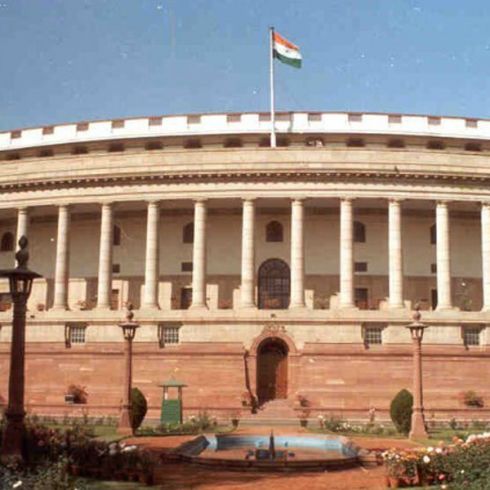
NEW DELHI: The Indian government on Wednesday approved accession to two important international treaties aimed at coverage and protection of copyright to the internet and digital environment.
Addressing the media here, Minister for Information Technology and Electronics and Law Ravi Shankar Prasad said the cabinet took this decision along with a slew of other policy initiatives.
The proposal had been mooted by the Department of Industrial Policy and Promotion under Ministry of Commerce and Industry and involved the WIPO Copyright Treaty and WIPO Performers and Phonograms Treaty.
The government said that the approval was a step towards the objective laid in the National Intellectual Property Rights (IPR) Policy, adopted 12 May 2016 and which aims to get value for IPRs through commercialization by providing guidance and support to content owners about commercial opportunities of e-commerce through the internet and mobile platforms.
The government listed the following benefits of the WIPO treaties:
# Enable creative right-holders enjoy the fruit of their labour through international copyright system that can be used to secure a return on the investment made in producing and distributing creative works.
# Facilitate international protection of domestic rights holder by providing them level-playing field in other countries as India already extends protection to foreign works through the international copyright order and these treaties will enable Indian right holders to get reciprocal protection abroad.
#Instill confidence to distribute creative works in digital environment with return on investment.
# Spur business growth and contribute to the development of a vibrant creative economy and cultural landscape.
WIPO Copyright Treaty came in force on 6 March 2002 and has been adopted by 96 contracting parties till date and is a special agreement under Berne Convention (for protection of literary and artistic works). It has provisions to extend the protection of copyrights contained therein to the digital environment. It recognises the rights specific to digital environment, of making work available, to address "on-demand" and other interactive modes of access.
WIPO Performances and Phonograms Treaty (WPPT) came in force on 20 May 2002 and has 96 contracting parties as its members. WPPT deals with rights of two kinds of beneficiaries, particularly in digital environment: (i) performers (actors, singers, musicians, etc.) and (ii) producers of phonograms (sound recordings). The treaty empowers right owners to negotiate with new digital platforms and distributors. It recognizes moral rights of the performers for the first time and provides exclusive economic rights to them.
Both the treaties provide framework for creators and right owners to use technical tools to protect their works and safeguard information about their use, meaning protection of technological protection measures (TPMs) and rights management information (RMI).